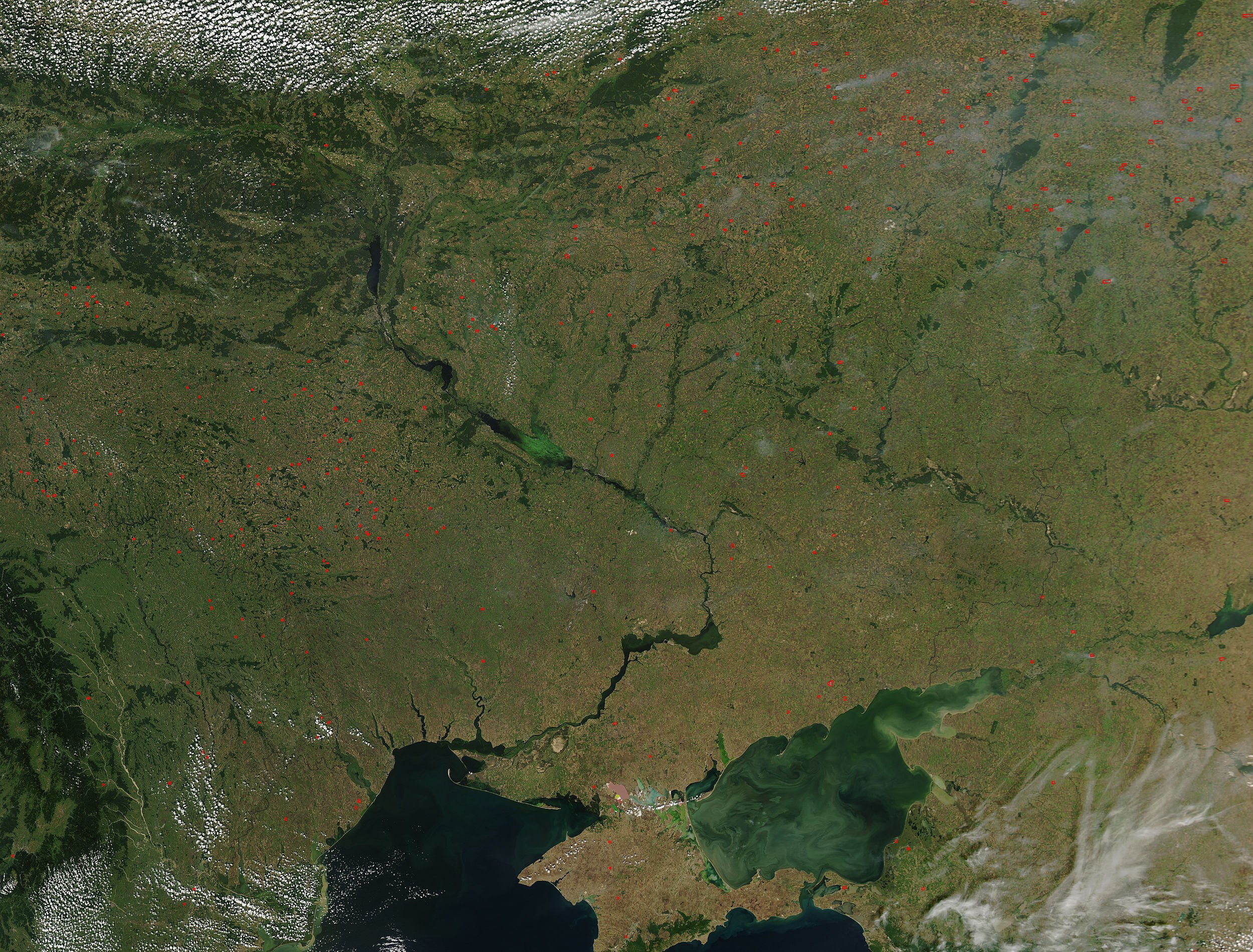
NATO has bolstered forces along its eastern front, rushed military and economic aid to Ukraine and sustained support despite some challenges, the U.S. ambassador to NATO said on Tuesday.
“Collectively we’re applying maximum pressure on Moscow” through the movement of additional troops, aircraft and equipment to members from the Baltic to the Black Sea and applying stiff economic sanctions on Russian industries, financial institutions and leaders, said Julianne Smith.
She noted that “every single member not on the eastern flank” contributed to that build-up. The United States sent 20,000 additional soldiers to Europe to demonstrate solidarity against the new Russian threat.
Members closest to Ukraine like Poland immediately responded with equipment and ammunition and opened doors to refugees.
While the Kremlin showed incompetence in being “unable to handle simple things – logistics and command and control,” Smith, who was confirmed to her post three months before the attack, said “we also recognize [Russian President Vladimir] Putin does not always match objectives with capability.” He has shown over time “to be quite reckless” in pursuit of those goals.
She added later at the Center for Strategic and International Studies event that there was another reason for the Russian land forces’ poor performance in combat. “We have evidence those investments [in modernization] were never made.” Russia announced the increased investments in conventional weapons in light of its struggle in the 2008 invasion of Georgia.
Asked about Moscow’s potential use of tactical nuclear weapons in Ukraine, Smith said, “we will continue to signal to Russia” that if this happens “there will be unprecedented consequences.” She characterized these comments as “loose talk” and “dangerous.”
In late October, Putin denied the Kremlin had ever planned to use weapons of mass destruction in Ukraine. Smith said there has been no major change in the alliance’s policy on nuclear weapons and no intelligence on Russian moves to use them in Ukraine.
Although Russian ground forces have been stymied or are in retreat as winter begins, Smith said, “we want to be cautious about what [Russia’s air force and strategic forces] can do.”
Supporting Kyiv’s defense is proving to be “a very serious challenge” for allies and Ukraine, as stocks of ammunition deplete and equipment must be replaced in the continued fighting, she said. Smith said that the Ukrainian Defense Group, which includes 50 nations led by the United States, is inviting defense industry representatives of those countries to attend the monthly meetings to address depleted ammunition stockpiles.
Meanwhile, in Brussels, the alliance’s arms directorate is working with the defense industry to reassure those manufacturers that re-opened production lines will meet sustained buying. One way to sustain the buys is through pooled purchasing practices to keep production continuing over time, said Smith.
Similar coordination with the defense industry is ongoing with the European Union to ensure NATO and the E.U. are not working at cross purposes in weapons and equipment buying.
Smith said she hopes Sweden and Finland will get voted in as “full-fledged members in 2023.” They would bring to NATO “capacity and knowledge of managing the Baltic.” The two historically neutral nations formally applied for membership at this year’s alliance meeting in Madrid following Moscow’s unprovoked attack on Ukraine. For years, they have been invitees to NATO meetings and have participated in military exercises with alliance members.
Turkey has insisted that Ankara needs to see “concrete steps,” particularly from Sweden, that it’s no longer offering sanctuary to Kurds that Turkey designates as terrorists. All 30 members must agree to admit another nation as a member.
Smith added that Sweden’s and Finland’s memberships “would be a net plus for the alliance” and “would change the feel of the North Atlantic meeting.”
On China, she expected the alliance’s next meeting in Vilnius, Lithuania to flesh out what NATO sees as its challenges. “All engines are firing” in looking at China. By identifying China as a challenge to the alliance of 28 European nations and two in North America, Smith said NATO proved it could “lift its head” and look beyond the immediate needs of the war in Ukraine.





